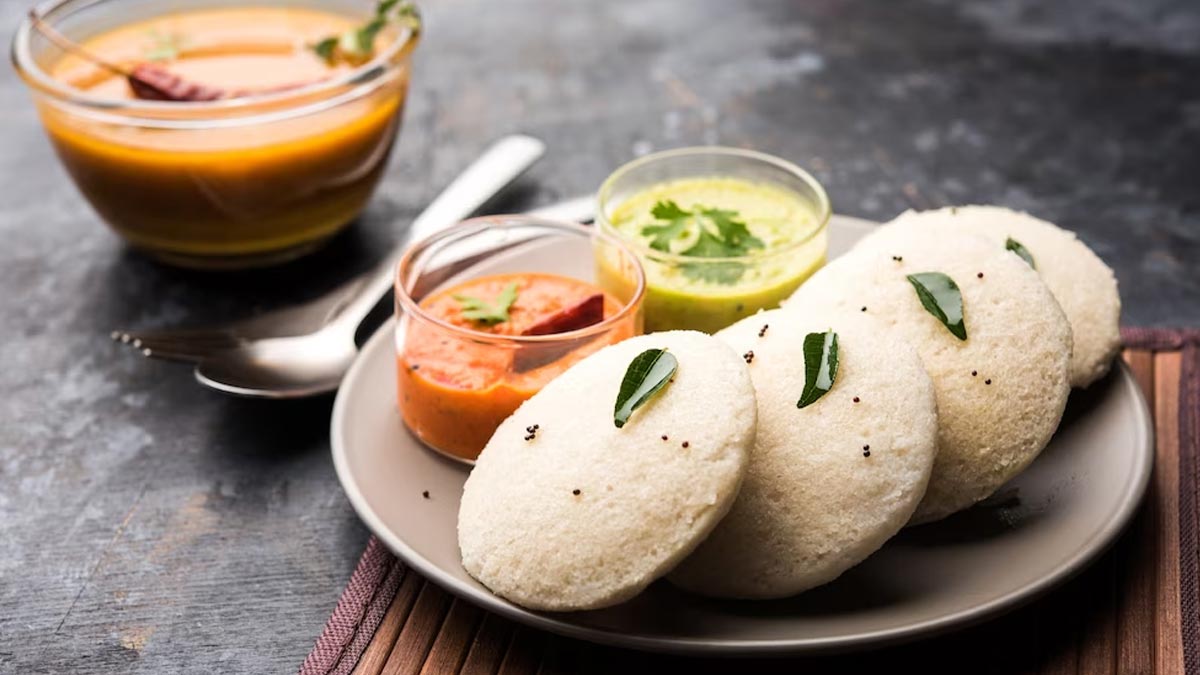
Idli, dosa, and uttapam are some of the most beloved South Indian dishes that have their fan following across the nation. Central to the success of these dishes is the fermentation of the batter. Fermentation is a crucial step in achieving the characteristic taste and texture, but overdoing it can lead to some undesirable outcomes, which can even have repercussions on your health.
Table of Content:-
Negative Effects Of Over Fermenting Dosa Batter

Typically made from urad dal and rice, dosa, idli, or uttapam batter possesses enhanced amounts of Vitamin B if left to ferment for seven hours at least, according to a study published in the Journal Of Food Science And Technology. However, if you let the batter ferment for too long, here's how it can create an unpleasant experience:
Loss of Nutrients
The longer the fermentation, the more the nutrients in the ingredients are broken down and become less bioavailable. This may result in a reduction in the overall nutritional value of the final dish.
Also Read: Fermented Eggs And 5 Reasons Why You Should Eat Them: Here's How You Can Make Them At Home
Increased Sourness
While some sourness is expected and even desirable, one of the signs of over-fermentation is an excessively sour or tangy taste in the batter.
Altered Texture
Over-fermented batter can result in idlis, dosas, or uttapams that are denser, flatter, and less fluffy. The delicate spongy texture that idlis are known for may be lost. Dosa and uttapam can become more rubbery and less crisp.
Digestive Discomfort

Consuming over-fermented dishes can lead to digestive discomfort. The increased sourness and altered microbial composition in the batter might be hard on the stomach for some people.
Unpleasant Aroma
Over-fermentation can lead to an unpleasant odour in the batter, which can carry over into the final dishes. This can affect the overall dining experience.
How to Avoid Over-Fermentation
To prevent these ill effects, it's important to monitor the fermentation process carefully. Here are some tips:
- Temperature Control: Keep your batter in a warm place, but not excessively hot, to control the fermentation process.
- Timing: It's usually best to ferment for 6-8 hours, but this can vary depending on factors like temperature and humidity.
- Taste Testing: Regularly taste the batter during fermentation. Stop when it reaches the desired level of sourness.
- Use Fresh Ingredients: The quality of your ingredients matters. Fresh urad dal and rice will yield better results.
In conclusion, while fermentation is essential for the deliciousness of idli, dosa, and uttapam, it's crucial to strike the right balance. Over-fermentation can lead to a loss of nutrients, undesirable flavours, and inconsistent results. By understanding the signs of proper fermentation and carefully monitoring the process, you can enjoy these South Indian delicacies at their best, without compromising your health or taste.
Also watch this video
How we keep this article up to date:
We work with experts and keep a close eye on the latest in health and wellness. Whenever there is a new research or helpful information, we update our articles with accurate and useful advice.
Current Version